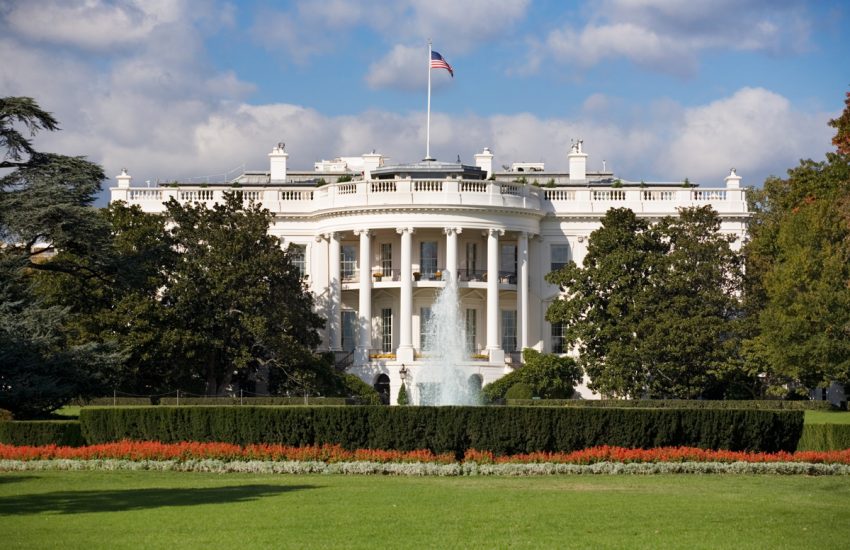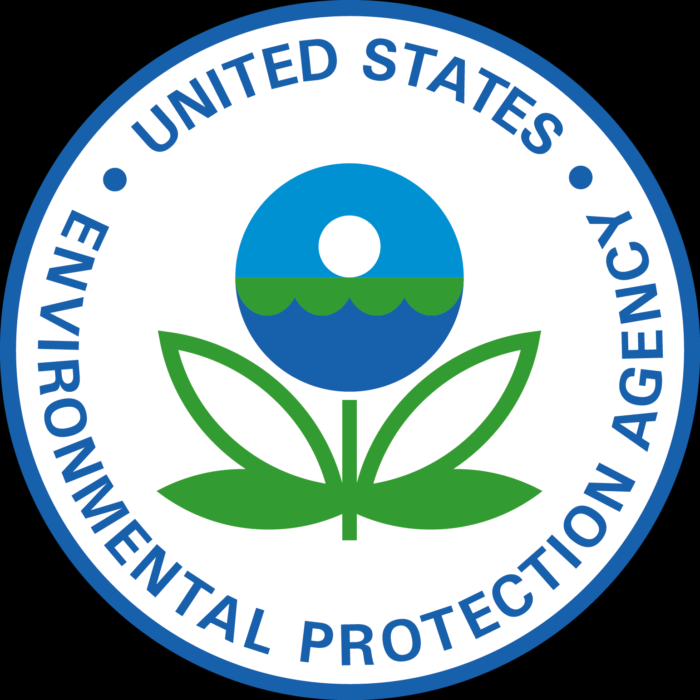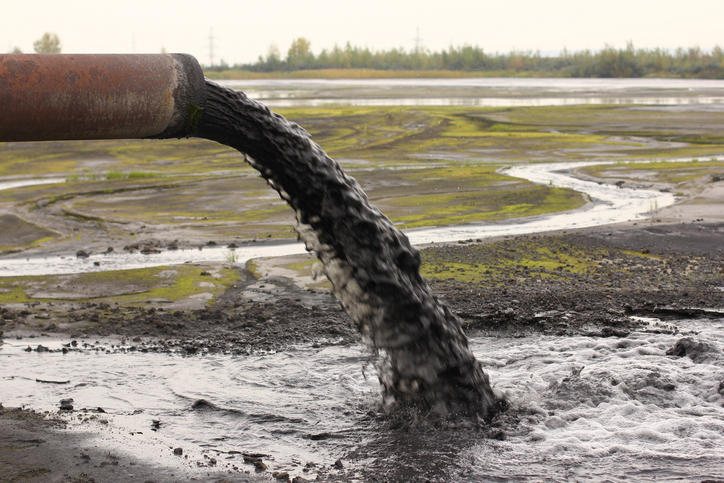Last week, through the Council on Environmental Quality’s (CEQ) publication of a final rule at the close of phase one of a two-phase rulemaking process, the Biden administration began its efforts to reverse the prior administration’s reworking of the implementation of the National Environmental Policy Act (NEPA). Originally signed into law by President Richard Nixon in 1970, NEPA requires federal agencies to assess environmental, social, and economic impacts of any activities those agencies are seeking to undertake. The list of such actions is broad, but …
Continue Reading






